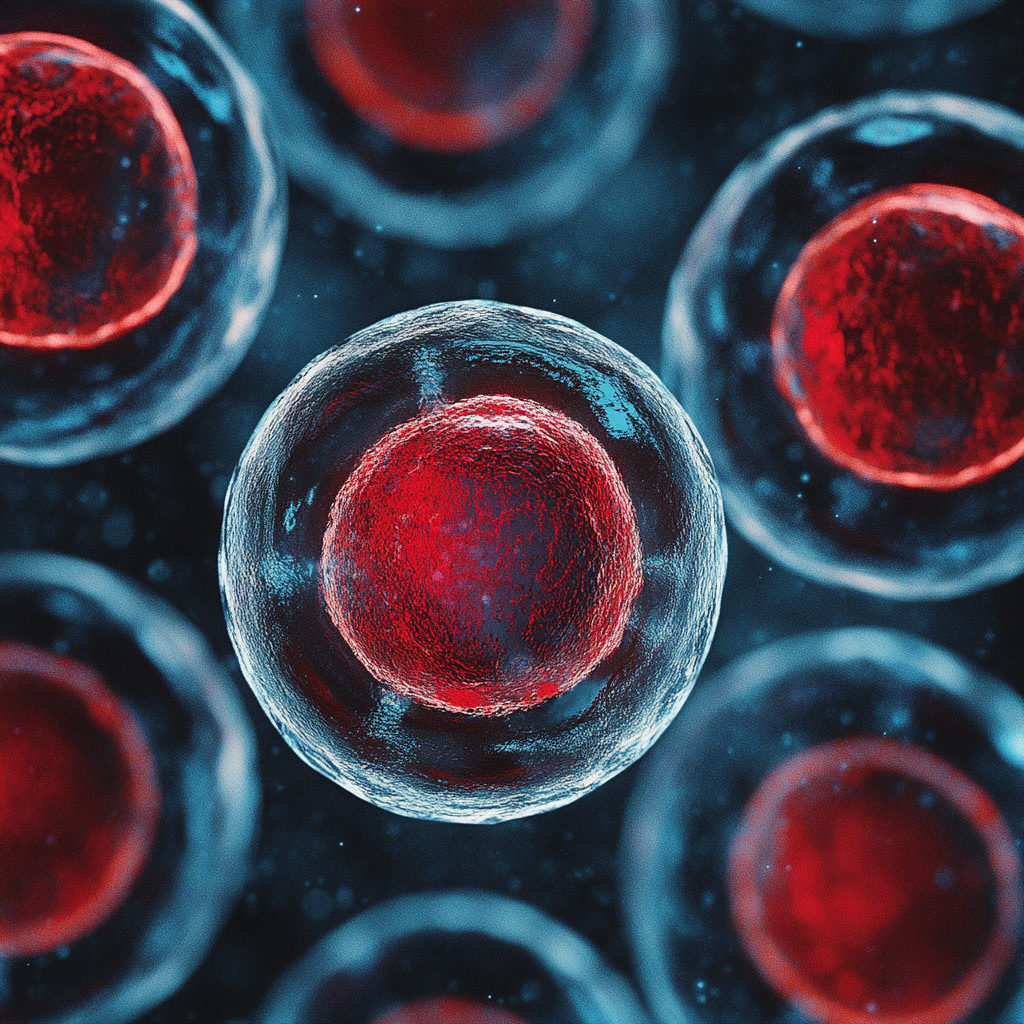Diagnosis of New Cancer After Cryptogenic Stroke
Study Overview
This study aimed to understand how often and when new cancers are diagnosed in patients who had a cryptogenic stroke.
Study Methods
We analyzed data from the ARCADIA trial, which included patients with cryptogenic stroke and atrial cardiopathy. Participants were monitored closely, and any serious health issues were reported every three months or sooner if necessary. We used specific statistical methods to track cancer diagnoses within the first year after enrollment.
Key Findings
Out of 878 participants with no prior cancer history:
- 13 (1.5%) were diagnosed with cancer within a year.
- This included 12 solid tumors (3 prostate, 2 breast, 2 gastrointestinal, and 5 from other sites) and 1 blood cancer (non-Hodgkin lymphoma).
- Cancer diagnosis rates were 0% at 3 months, 0.6% at 6 months, and 2.0% at 1 year.
- The average time from stroke to cancer diagnosis was about 261 days.
Conclusion
In this study, the 1-year rate of new cancer diagnoses in patients with cryptogenic stroke was 2%. This might be lower than the actual rate since some cancers may have been diagnosed right after the stroke.
Trial Registration
ClinicalTrials.gov Identifier: NCT03192215. Registered on June 20, 2017. First patient enrolled on February 1, 2018.
Importance of Clinical Trials
Clinical trials are essential for creating safe and effective treatments. We need to integrate their findings into everyday healthcare.
Practical Solutions
Our AI-driven platform, DocSym, combines ICD-11 standards, clinical protocols, and research into one easy-to-use resource for healthcare providers.
In today’s fast-paced healthcare environment, efficiency is key. Our mobile apps assist with scheduling, treatment monitoring, and telemedicine, simplifying patient care and expanding digital services.
By leveraging AI, clinics can streamline their processes, enhance patient outcomes, and reduce paperwork. Discover how we can assist you at aidevmd.com.





























